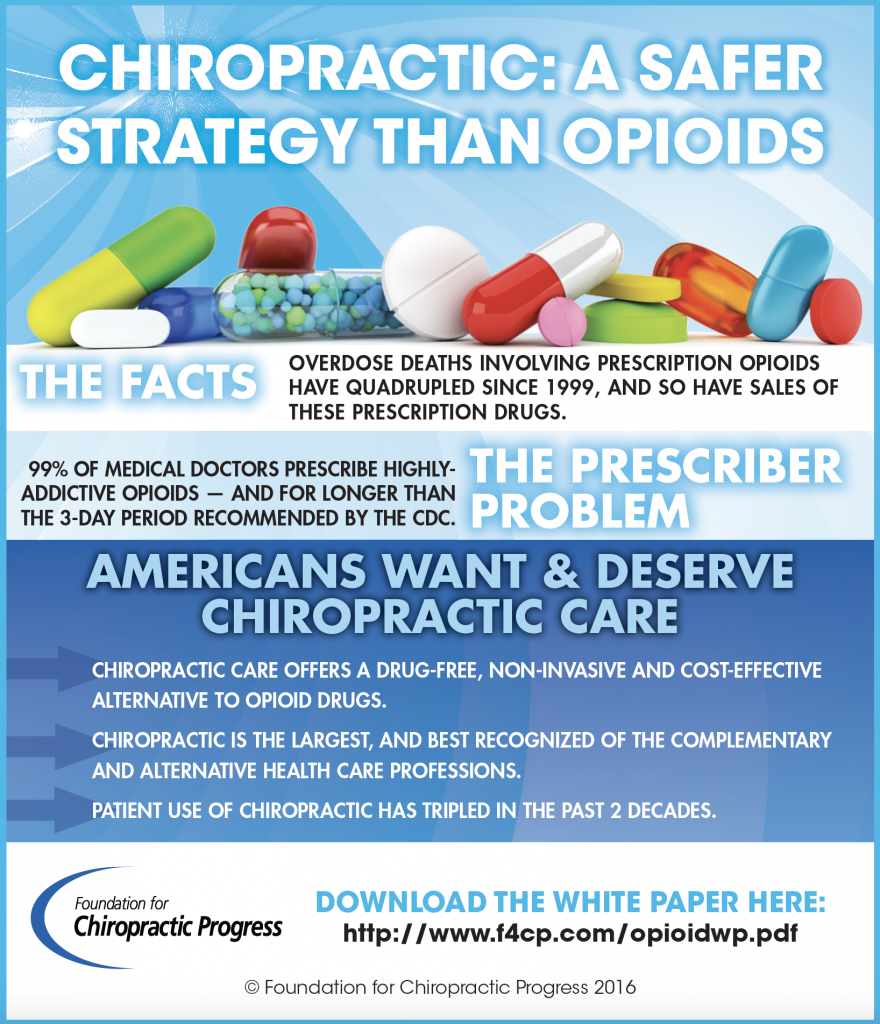Are Chiropractic Adjustments Addictive? Dividing Fact From Fiction
Are Chiropractic Adjustments Addictive? Dividing Fact From Fiction
Blog Article
Authored By-Brennan Farrell
You might have listened to that chiropractic care adjustments can result in an addictive dependence, but that's an usual misunderstanding. Lots of people locate relief without creating any type of form of dependency. It is necessary to recognize real purpose of these adjustments and how they match your general health approach. So, exactly what does the scientific research say about chiropractic care and your well-being? Let's explore the realities.
Comprehending Chiropractic Adjustments and Their Function
When you think about chiropractic care changes, it's important to comprehend their function and how they work. These adjustments intend to fix misalignments in your spinal column and joints, promoting far better positioning and activity. By using regulated force to specific locations, chiropractic practitioners assist ease pain, improve feature, and improve your overall wellness.
Chiropractic care focuses on your body's capacity to recover itself, stressing the link between the spine and the nerves. When your spine is aligned, it can reduce nerve disturbance, permitting your body to work optimally.
Routine changes may also help protect against future problems, keeping you energetic and pain-free. Inevitably, chiropractic care changes serve to sustain your health, enhance movement, and improve your lifestyle.
Common Myths Concerning Addiction and Chiropractic Care Care
Many individuals hold mistaken beliefs about the relationship between chiropractic treatment and addiction treatment. One typical misconception is that chiropractic modifications produce an addiction-like reliance. In truth, lots of clients locate relief from pain and discomfort, yet this doesn't imply they create an emotional or physical dependency.
One more misconception is that chiropractic doctors are just trying to keep you coming back for even more modifications. The majority of chiropractics physician prioritize your well-being and aim for long-term wellness rather than regular brows through.
Additionally, some believe chiropractic treatment can replace conventional addiction therapies, however it should enhance, not substitute, evidence-based therapies. Comprehending these misconceptions can assist you make informed choices concerning your wellness and wellness without dropping target to false information.
The Science Behind Chiropractic Adjustments and Client Experience
While some might question the effectiveness of chiropractic modifications, a growing body of research sustains their function in alleviating discomfort and boosting overall function.
Researches suggest that back manipulation can decrease pain from problems like reduced neck and back pain, tension migraines, and neck discomfort. When back therapy undertake chiropractic treatment, the adjustments intend to recover proper alignment, boosting your body's natural healing capacities.
Numerous patients report raised wheelchair and a higher sense of health after treatment. In addition, the therapeutic relationship you develop with your chiropractic doctor can improve your experience, as they offer personalized treatment customized to your demands.
This mix of clinical backing and positive patient experiences aids make clear why chiropractic changes work for several individuals looking for relief.
Verdict
In conclusion, chiropractic care modifications aren't habit forming; they're developed to boost your well-being and advertise proactive health care. By unmasking the misconceptions surrounding dependency, it's clear that these therapies can offer significant alleviation without creating a cycle of dependency. Accepting chiropractic treatment as a corresponding approach to typical therapies can bring about far better health outcomes. So, if chiropractors considering adjustments, felt confident that they're about enhancing your quality of life, not developing a dependence.
